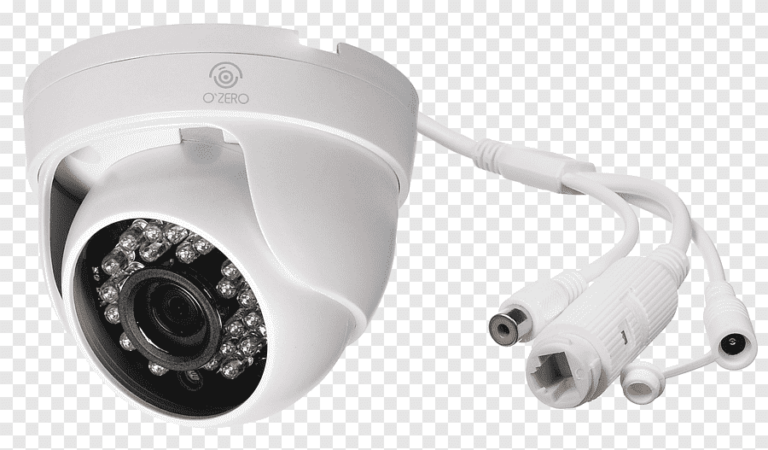The Role of Ad Blockers in Enhancing Online Privacy and Security
Online privacy and security are the prime concern for any internet user today. With more personal data going online with equally burgeoning intrusive advertisements, the need to protect oneself from possible threats is more significant than ever.
In the simplest sense, there is one way to protect yourself while online: an ad blocker. This article will delve into the various issues regarding ad blockers: why one is necessary; how they work; the advantages and some of the considerations in choosing one.
Understanding Ad Blockers
An ad blocker can be referred to as software that monitors the blockage of adverts on one’s website or specific online platforms. This filters this stuff before it passes on to a client’s program; therefore, overnight junk adverts are taken away to make it cleaner, faster and less junky in giving a better view experience to the client. They can be installed as part of a browser extension or as an application. Once installed, ads are automatically blocked from being shown so one can navigate without disturbance. Some ad blockers provide more features like tracking protection along with blocking of malware and cookie management.
The Benefits of Using an Ad Blocker
- Enhanced Online Privacy: Among the most critical advantages of ad blockers is better online privacy. But advertisers use more tracking technologies now, which help to track a user’s online activity. There can be an accumulation of information about a user’s habits, preferences and behaviors. The accumulated data is then used for exposing users to targeted advertisements; invasion and intrusion could adequately define the experience. Since ad blockers block ads, they tend to prevent the installment of the tracking technologies that gather personal information, thus ensuring privacy for a person.
- Improved Security: In some cases, malicious software is hidden in certain ads that redirect users to websites designed to acquire their info or infect their devices with malware. As is well known globally, ads are globally known as malvertising and, thus, pose a high threat to the security of the user. Blocking ads and ad blockers reduce the chances of being exposed to such risks and therefore lower malware infections and other forms of cyber threats.
- Faster Browsing Experience: Ads can significantly add to the loading times for a web page, which ultimately adds to the irritation of the process to a great extent. Since ad blockers block the ads, it reduces the quantum of data loaded – which provides faster page loading times and a much smoother experience in browsing through web pages. This is most beneficial for those browsing ad-laden websites through slower internet connections.
- Reduced Data Usage: Ad blockers benefit users at the end of limited data plans. Since ads load with large images, videos, or other multimedia content, blocking them cuts down a good amount of data and lets the users make the most out of their data plans.
Key Features to Look for in an Ad Blocker
- Custom filters: The best ad blockers offer custom filters in such a way that an end-user has the slightest ability to block a specific type of ad or even other kinds of content. That is an ideal way to give users their on-the-web filtering, just the advertisements that bother, push, or disturb them the most.
- Tracking protection: Besides blocking ads, most ad blockers offer tracking protection. It makes sure that advertisers and their related third-party marketers cannot track the online activities of a user so that one additional layer of privacy can be ensured.
- Malware Blocking: Some ad blockers even have malware protection embedded in them. They block ads that might contain malware or otherwise direct you to risky websites. This feature offers an added security layer and helps ensure online safety.
- User-Friendly Interface: It should be user-friendly about its installation and use, be easy and have a friendly User Interface in which the users are going to be able to adjust their settings as well as their preferences. This way, even people who are not exceptionally knowledgeable in terms of technical issues will be able to use protection provided by an ad blocker.
Considerations When Choosing an Ad Blocker
- Compatibility – The ad blocker you choose should be compatible with your browser and your device. While most ad blockers can be found for popular browsers such as Chrome, Firefox and Safari, it never hurts to check before installing one.
- Performance: There exist ad blockers that may eventually use too many resources to the extent that it slows up your browser as equally as your device the Range. Therefore, it is of the essence that you go for an ad blocker with no performance impact since this will make your work easy.
- Reputation: It makes sense, before downloading a particular ad-blocking software, to learn about its reputation by reading reviews or seeking other people’s opinions. This would help you determine whether the ad blocker you will install is effective and reliable or not.
Conclusion
The ad blocker is one perfect way to minimize breaches of online privacy and security. This way, intrusive ads can get blocked and it will also help prevent any kind of tracking technologies from gathering personal information of users. Ad blocker, in this way, saves the users from the probable threat and lets a clean and fast browsing experience through. With the digital world changing daily, ad blockers will play a vital role in keeping privacy maintained and observable online.







